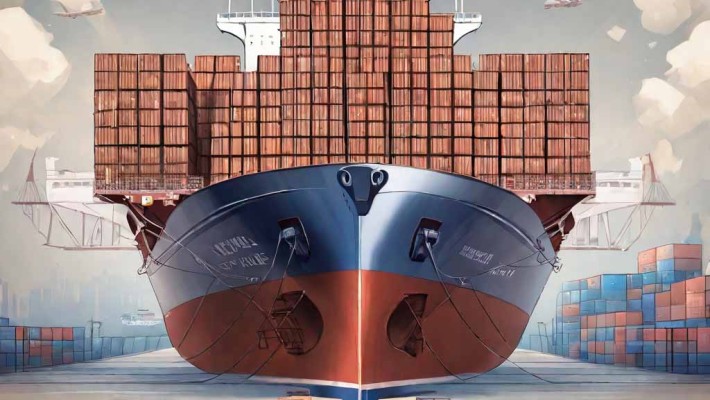Freight Forwarder Insights
Huin International Logistics Latest Articles
The Ins and Outs of International Shipping: Navigating the Global Trade Landscape
Introduction:
In today's interconnected world, international shipping plays a vital role in facilitating global trade and driving economic growth. With businesses expanding their reach across borders, understanding the intricacies of international shipping becomes imperative. In this article, we will delve into the various aspects of international shipping, from documentation and regulations to logistics and challenges faced by businesses.
1. Documentation and Regulations:
One of the most critical aspects of international shipping is ensuring compliance with the necessary documentation and regulations. From import and export licenses to customs declarations, businesses must adhere to a myriad of legal requirements. These documents include bill of lading, certificates of origin, commercial invoices, packing lists, and insurance certificates. Understanding the specific documentation needed for each country and product is crucial to avoid delays and penalties.
Moreover, businesses must stay updated with constantly evolving international trade regulations, including trade agreements, embargoes, and trade tariffs, which can significantly impact shipping costs and timelines. Maintaining effective communication with customs brokers and freight forwarders familiar with international regulations can help navigate these complexities and ensure seamless shipping processes.
2. Freight Forwarders and Logistics:
International shipping often involves multiple transportation modes and an intricate web of logistics. Freight forwarders play a pivotal role in coordinating and managing the entire shipping process, from booking cargo space to arranging customs clearance and final delivery.
These professionals possess a thorough understanding of various shipping methods and can assist in selecting the most appropriate mode, such as air, sea, rail, or road, based on factors like cost, urgency, and destination. Freight forwarders also consolidate shipments, handle packaging, labeling, warehousing, and track shipments to provide businesses with comprehensive logistics support.
Additionally, freight forwarders aid in optimizing routes, calculating shipping costs, and coordinating with carriers, ensuring that cargo reaches its destination efficiently and cost-effectively. Their expertise and longstanding relationships with global carriers enable businesses to navigate the complex landscape of international shipping with relative ease.
3. Challenges in International Shipping:
While international shipping presents significant opportunities for businesses, it is not without its challenges. Here are some common hurdles faced during the process:
a. Customs Clearances: Customs procedures can be time-consuming and complex due to varying regulations between countries. Delays in clearances can result in storage fees and impact the flow of goods, leading to dissatisfied customers.
b. Volatile Market Conditions: Fluctuating fuel prices, currency exchange rates, and global events can significantly impact shipping costs, making it challenging to maintain predictable pricing and profitability.
c. Security and Risk Management: Protecting cargo from theft, damage, or loss during transit requires effective risk management strategies, including adequate insurance coverage, secure packaging, and carrier selection based on their track record for safe delivery.
d. Language and Cultural Barriers: Cross-cultural communication and language barriers can pose challenges during shipping, such as misunderstanding instructions or misinterpretation of shipping documentation. Employing language translation services and working with local agents or brokers can help overcome these obstacles.
Conclusion:
As the world becomes more interconnected, international shipping continues to be the backbone of global trade. By understanding the documentation and regulations, partnering with expert freight forwarders, and proactively managing challenges, businesses can unlock immense growth opportunities and expand their reach across borders. Embracing the complexities of international shipping is vital for success in the global marketplace, enabling businesses to thrive in an increasingly interconnected world.
